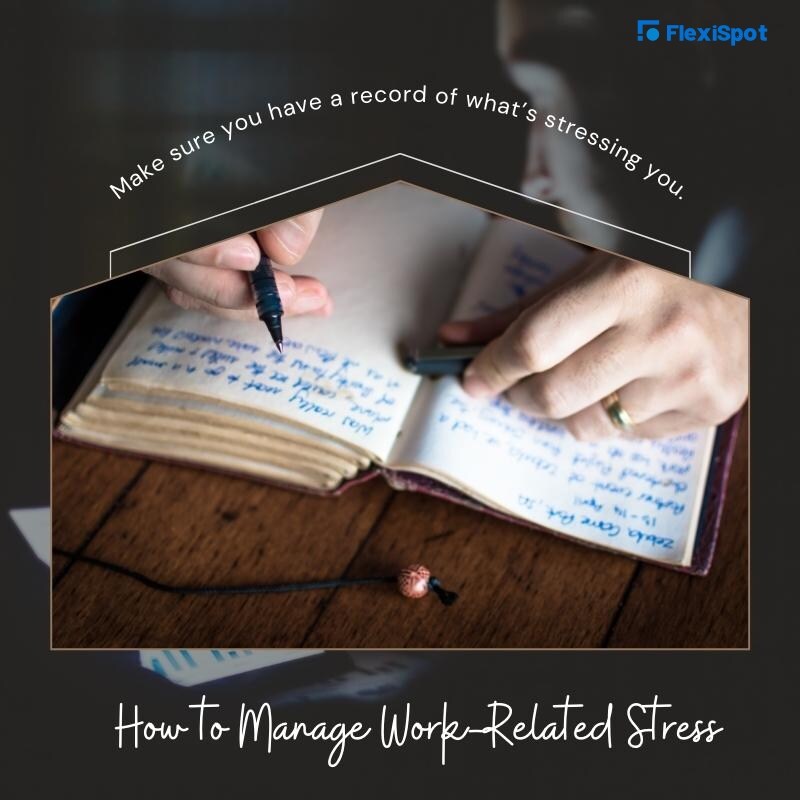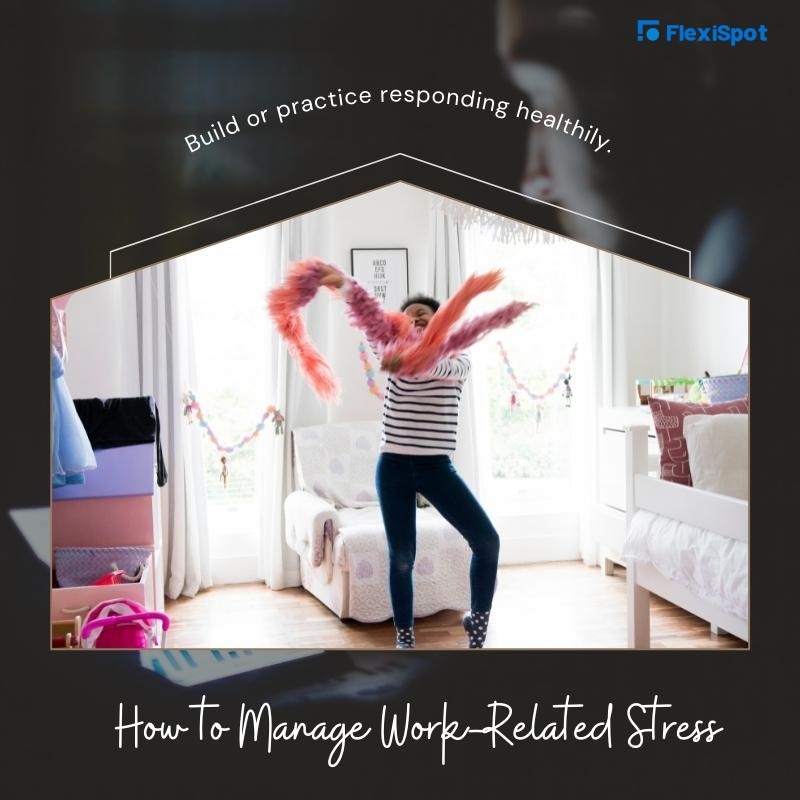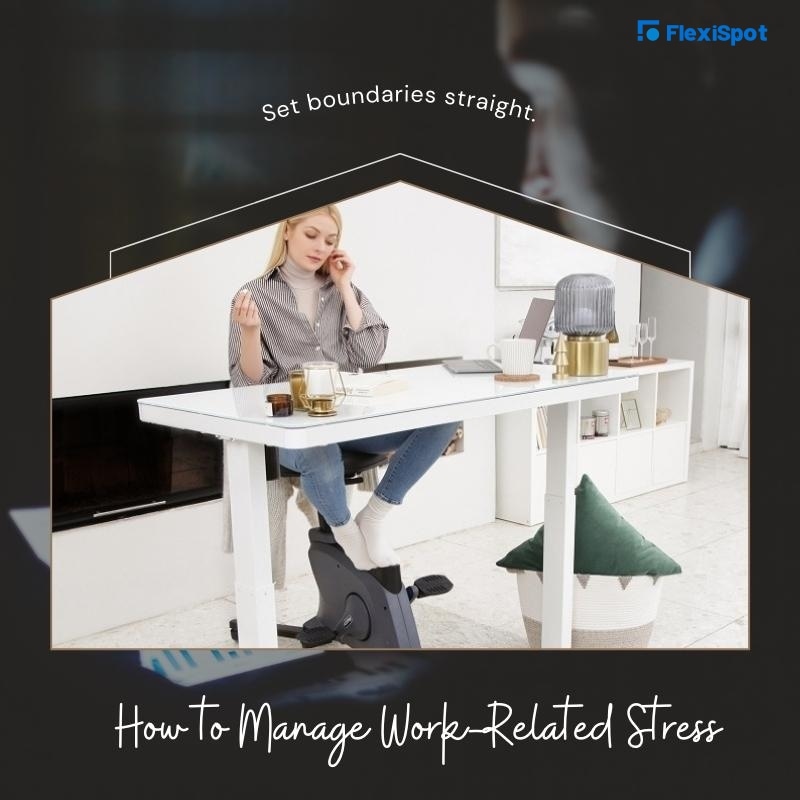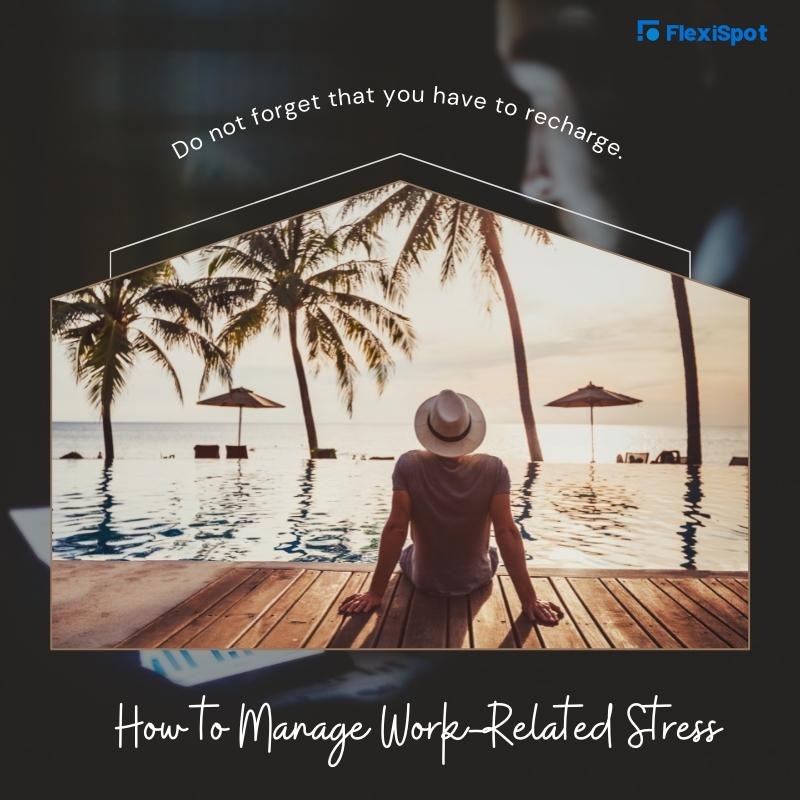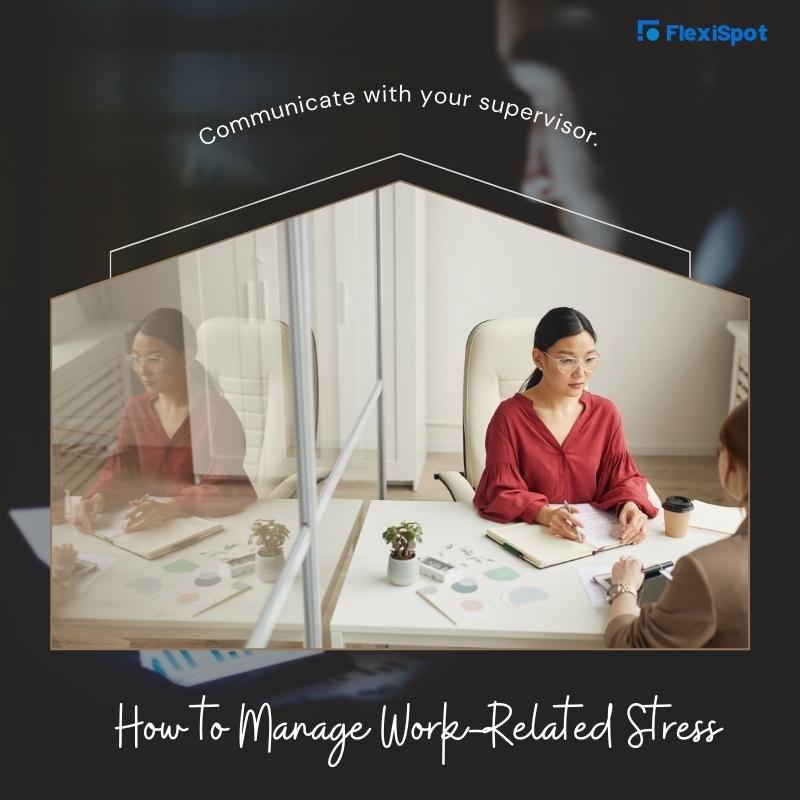It’s normal for anyone who has been employed at a point in their lives that they would feel stress brought about by the workplace or their workload. Even for those who say that they love their jobs and what they’re currently doing in life, many factors make work stressful.
A short-term stressor might be meeting a deadline or finishing a challenging task that brought you out of your comfort zone. But when stress at work happens more often, it is understandable if you would feel overwhelmed by it. It can pose harmful effects on your overall health. On the other hand, long-term stress at work is also common. Many Americans list work as one of the primary sources of their stress. It’s not always possible to avoid workplace tension but you could of course manage your stress experience on the job.
It’s helpful to pinpoint what’s causing your work stress at the moment. There are many stressors that Americans cite, and millions of employees across the world would probably agree as well. One of these is a low salary. You’ve been putting out the work but you do not feel you are being given the proper compensation. The workload may be too much and you’ve been spending a lot of overtime hours at the office. You’ve been with your company for way too long but you still haven’t advanced or seen significant growth. You might think that the work does not challenge you anymore or that social support is lacking. You might feel helpless with job-related decisions, feeling out of control. The demands of your employers may be different from yours to the point that you are confused about what they expect from your performance.
Stress doesn’t end when it’s time to log off of work. It will most likely trickle down to other parts of your life and could possibly take over your mind and overall health.
When the work environment is stressful, you may feel headaches and stomachaches, have poor quality sleep, be short-tempered, and find it difficult to concentrate. When the stress persists for a long time, according to APA, you may succumb to anxiety, high blood pressure, insomnia, and a weak immune system. You may eventually suffer from depression, heart disease, and obesity. And when you’re highly stressed, you tend to overeat unhealthy food, use drugs, drink alcohol, and smoke cigarettes.
No one likes the feeling of stress and, sometimes, we feel overwhelmed and helpless if we could even go through it. But trust us, stress can be managed and eventually eradicated. All heals in time so reframe your mindset into one that is filled with hope. Hold on to that hope that better days are ahead. We listed down some ways on how you could manage work-related stress.
1. Make sure you have a record of what’s stressing you.
Do not hesitate to sit down with yourself and write down what’s causing you stress. Journaling will help give you clarity on what you are currently experiencing. Write down what stresses you and what you do to solve them. No one will be reading that aside from you so be as honest as possible about your feelings, thoughts, your current environment with the names of the people involved, and what is currently happening. Write down if you raised your voice because you got irritated. Write down if you turned to the vending machine for a snack or got a burger from Shake Shack. Write down if you wanted some fresh air and went out for a walk. By journaling, you would hopefully notice behavioral patterns when you’re stressed.
2. Build or practice responding healthily.
When you feel that you’re getting stressed, do not reach out for cigarettes or eat junk food. Try your best to pick up healthy choices when you’re trying to fight the stress. One way you could do this is to exercise or engage in any form of physical activity. You could also make sure to allocate time for things that make you happy such as dancing, eating out with your family, or painting. Do not take rest for granted and get the right amount of sleep. Do not drink coffee late in the afternoon and minimize the use of your laptop or phone.
3. Set boundaries straight.
Remember, it’s not your responsibility to be available for 24 hours in a day. That is not sustainable and never a good idea to stay with a company that does not value your free time. Communicate your boundaries to your superior and make sure to commit to it yourself. For example, resist the urge of checking your email when you get home or answering your phone during the weekend or on your off-days. People would have different preferences in the work-life mix that they could allow in their lives so make sure you’re true to yourself when you list down boundaries.
Tip: To ward off any “guilt” when you have unfinished work, make sure you perform efficiently while present daily. Use a standing desk paired with a standing desk converter so you could stay awake and alert by shifting from a sitting to a standing position at any time of the day. It’s effective and will get your blood circulating whereas if you just stay seated the whole day.
4. Do not forget that you have to recharge.
Make use of your vacation leaves. Plan out when you want to go on a trip to the Maldives or finally book a ticket to Europe. You need to be able to switch off from work every now and then so you won’t feel suffocated by it. You don’t want to suffer from stress and burnout that might rip you of the happiness you should be experiencing at the moment. Relax, unwind, and know that you are doing your company service if you come back revitalized and recharged.
5. Communicate with your supervisor.
Good employers know that by creating a workplace that promotes the well-being of employees, they could boast of a workforce that is more motivated, disciplined, and productive. So an open-minded supervisor would be keen to listen to your concerns and help you wholeheartedly on how you could solve your work stressors.
